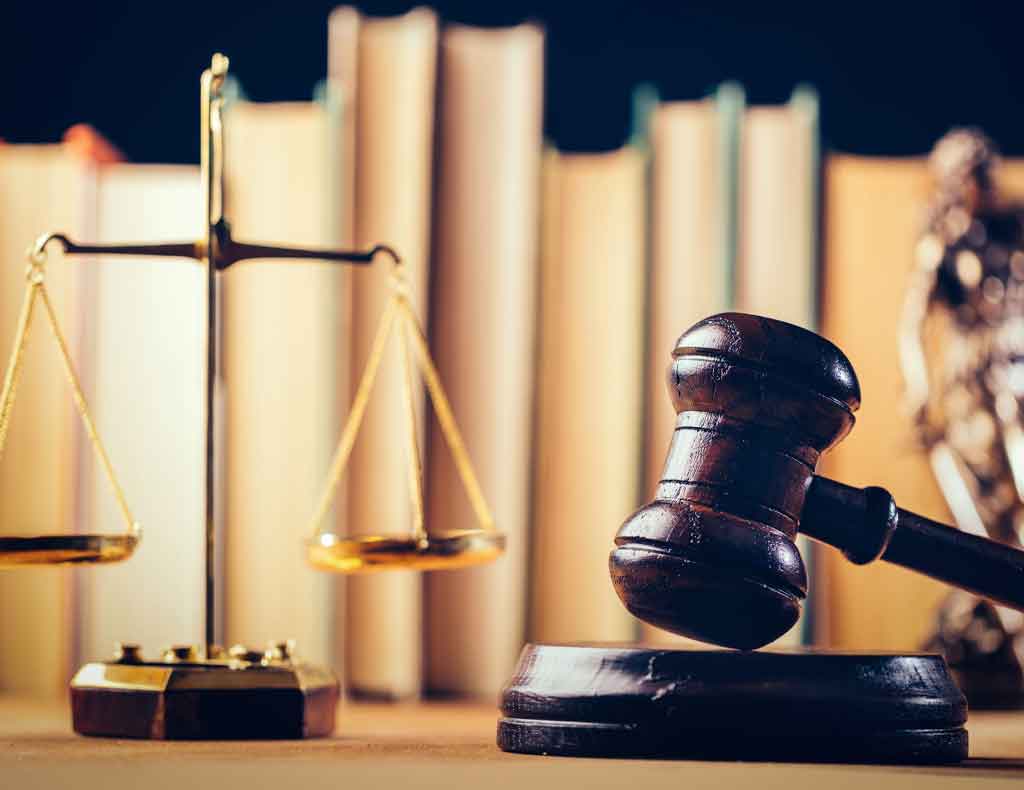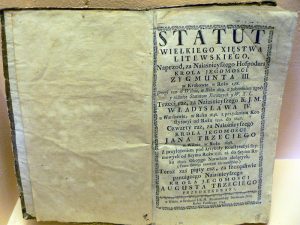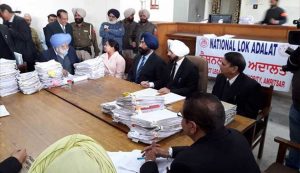Pensions are paid to the employee for their services with the aim of providing the employee the means to meet the expenses of life.
Read More
Cases & Laws is a section that we have designed keeping in mind the various laws and cases that are quite useful from a legal student’s point of view, as well as for general information purposes. The material found here has been compiled from a huge list of sources by us to be able to present to you concisely and in one single place.
The material that you will find under the Cases & Laws section are as follows:
Case Law Analysis
Aparna Bhat v. State of M.P., 2021, SCC
This case outlawed arbitrary bail terms, which can negatively affect and further traumatize the victims.
Read MoreIn Re: An Advocate vs Union Of India
The case in question was that of professional misconduct by an advocate who was enrolled in the Supreme Court in January 1961.
Read MoreIn Re- Tulsidas Amanmal Karani vs Durupadi Naraindas Karani
Civil contempt involves the failure of a person to comply with a court order. Civil contempt sanctions make sure that the order is complied.
Read MoreAdministrative Law
Detailed Study On The Core Principles Of Natural Justice
Natural justice is a fundamental element of due process and is often a requirement in legal systems around the world.
Read MoreThe Rule of Law: A Foundation of Indian Democracy
Rule of law was not known to ancient and medieval India. The king was the fountain head of justice and the protector of all laws.
Read MoreOmbudsman & Lokayukta In India
The concept of ombudsman originated in 1809 with the official inauguration of the institution of Ombudsman in Sweden.
Read MorePublic Interest Litigation Laws In India
A Public Interest Litigation (PIL) is a petition that can be filed by any member of the public for any matter of public interest, for redress of public wrong or injury.
Read MoreLocal Laws UP
Land Tenure System In Medieval India
The significant contribution in the history of land tenure system in medieval India begins from Rashtrakutas and ends with the Mughal Empire.
Read MoreLand Tenure System In Ancient India
Land tenure system explains the traditional or legal rights individual or groups of individuals have on land.
Read MoreProfessional Ethics
Contempt Of Court
Contempt of Courts Act, defines both civil and criminal contempt. Civil contempt refers to willful disobedience to any judgment of the court.
Read MoreInterpretation Of Statues
Primary Rules Of Interpretation: Literal Rule or Strict Construction
The words of a governing text are of paramount concern, and what they convey, in their context, is what the text means.
Read MoreAids to Interpretation
An Aid, is a device that helps or assists. For the purpose of construction or interpretation, the court has to take recourse to various internal and external aids.
Read MoreInterpretation of Statutes
Interpretation of statute is the process of ascertaining the true meaning of the words used in a statute.
Read MoreCompany Law
Navigating Mergers And Acquisitions in Company Law
A Merger is a combination of two corporations where the acquiring company assumes the assets and liabilities of the merged company.
Read MoreLaw Relating To Promoters Of The Company
Promotion is a term of wide import denoting the preliminary steps taken for the purpose of registration and functioning of the company.
Read MoreDoctrine Of Indoor Management
The doctrine helps protect the rights of external members of the company by entitling them to knowledge about the internal works.
Read MoreArticles Of Association
The articles of association direct rules which govern the conduct of directors, the rights of the shareholders and their relationship.
Read MoreLabour Law
Five Year Plans & Industrial Relations
The planning commission of India laid down eleven successive plans towards the development of industrial sector in India.
Read MoreIndustrial Relations: An Overview
Industrial Relationship is used to denote the collective relationships between management and the worker.
Read MoreLaws Relating To Retrenchment
The term Retrenchment in India means permanent termination of the employment of the employee by his employer.
Read MoreConcept Of Lay Off In Labour Law
The concept of Lay-off in India means temporarily keeping a workman without or away from work due to inefficiencies.
Read MoreArbitration And Conciliation Laws
Lok Adalat System In India
Lok Adalat promotes the Gandhian principle of peacefulness and is based on transparency, efficiency and a less expensive form of justice.
Read MoreConciliation Meaning and Procedure In India
Conciliation is a process by which discussion between parties is kept going through the participation of a conciliator.
Read MoreIntroduction To Arbitration & Conciliation Act
This is an act to consolidate and amend the law relating to domestic arbitration, international commercial arbitration and enforcement of foreign arbitral awards.
Read MoreLimitation Law
Doctrine Of Laches with Relevant Case Laws
The doctrine of laches is used by the courts to deal with an inordinate delay that is occurring in filing a petition or complaint.
Read MoreCyber Law
Sexual Offenses, Cyberspace And Internet: A Critical Analysis
Cyber Crime against women is basically a new concept in India that has emerged with the increasing use of internet among the population.
Read MoreThe New Frontier: Addressing Legal Issues in Artificial Intelligence
AI denotes the simulation of human cognitive functions by machines, predominantly computer systems.
Read MoreShielding Cyberspace
In the digital era the ever-escalating threat of ransomware looms large, endangering the very fabric of our interconnected world.
Read MoreTrust And Equity
Extinction Of Trust & Resulting Trust
A trust is revoked when the fulfillment of its purpose becomes impossible to perform, due to destruction of property or otherwise.
Read MoreRights & Liabilities Of Beneficiaries
The beneficiary has the right as well as liability, against the trustee and all persons claiming under him with notice of the trust.
Read MoreMaxims Of Equity
The judicial principles constituting the sources of equitable doctrines are commonly known as "Maxims of Equity".
Read MoreUnderstanding The Law Of Trust and its legal implications
The Indian Trusts Act is one of India's most significant pieces of legislation. It's main goal is to safeguard the interests of its beneficiaries.
Read MoreIntellectual Property Rights
Digital Revolution And Intellectual Property Protection
IPR safeguard creators and inventors exclusive rights to their work, fostering innovation and creativity.
Read MoreComparative Advertisements & Its Legal Framework
Comparative advertisements may not be considered trademark infringement if they do not harm any other brand’s reputation.
Read MoreLaw of Torts
No posts found!


































